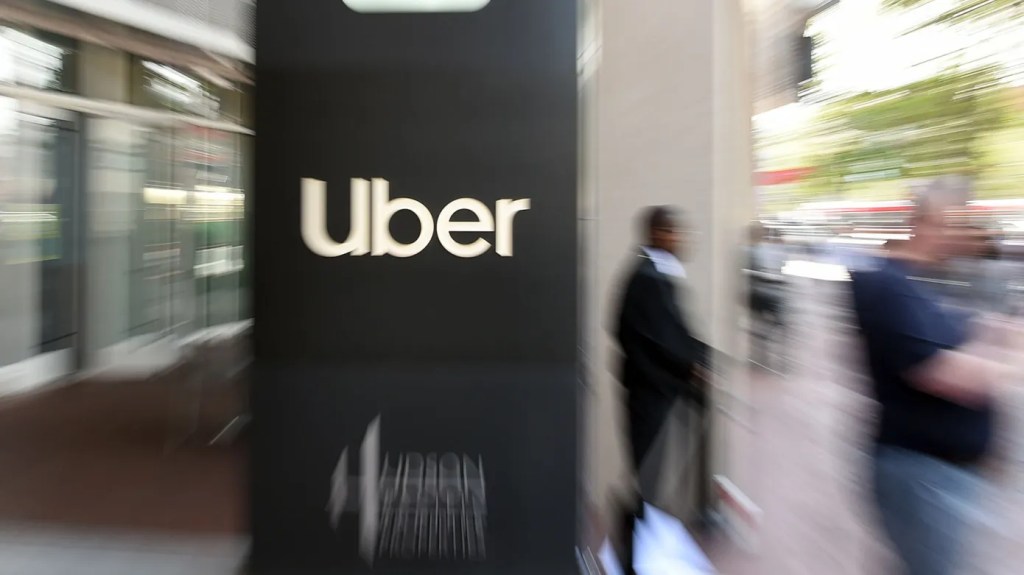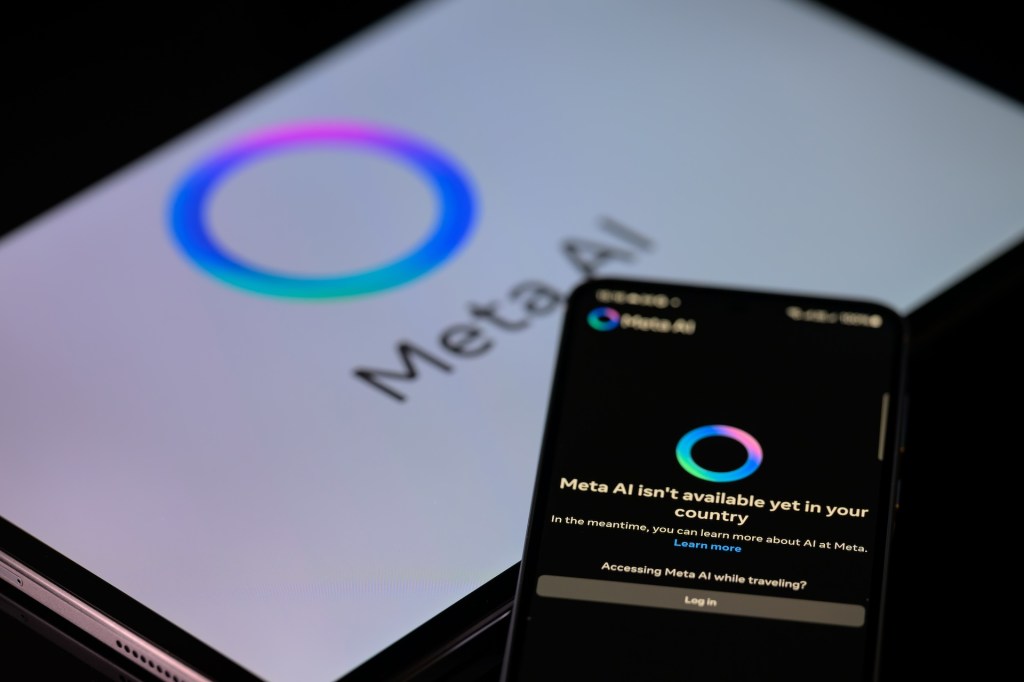Uber Technologies Inc., a global leader in ride-hailing services, is strategically expanding its footprint in India’s burgeoning business-to-business (B2B) logistics sector. This initiative is facilitated through a partnership with the Open Network for Digital Commerce (ONDC), a government-backed nonprofit organization designed to democratize digital commerce in India.
Understanding ONDC
Launched by the Department for Promotion of Industry and Internal Trade (DPIIT) under India’s Ministry of Commerce and Industry, ONDC aims to create an open, inclusive, and interoperable network for digital commerce. By standardizing operations such as cataloging, inventory management, and order fulfillment, ONDC seeks to level the playing field for small and medium-sized enterprises (SMEs) against established e-commerce giants. The network is built on the Beckn Protocol, an open-source framework that enables decentralized digital commerce. ([en.wikipedia.org](https://en.wikipedia.org/wiki/Open_Network_for_Digital_Commerce?utm_source=openai))
Uber’s Integration with ONDC
Uber’s collaboration with ONDC signifies a strategic move to diversify its service offerings in India. By integrating with ONDC, Uber plans to provide on-demand logistics solutions to businesses within the network, leveraging its extensive network of 1.4 million drivers across the country. This service will initially focus on facilitating food deliveries for businesses operating on the ONDC platform, with plans to expand into sectors such as e-commerce, grocery, pharmacy, and healthcare logistics.
The integration will function similarly to Uber Direct, a service launched in the United States in 2020 that offers businesses a white-label delivery solution. However, in India, this service will be exclusive to businesses registered on the ONDC network, ensuring a streamlined and standardized logistics experience.
Competitive Landscape
By entering the B2B logistics arena through ONDC, Uber positions itself alongside established logistics service providers such as Shiprocket, Shadowfax, Porter, and Loadshare. These companies have been instrumental in shaping India’s logistics landscape, offering a range of services to businesses of varying sizes. Uber’s entry into this space introduces a formidable competitor, given its vast driver network and technological expertise.
Strategic Implications for Uber
This expansion into B2B logistics aligns with Uber’s broader strategy to diversify its service portfolio in India. The Indian logistics market is projected to grow by 49% to reach 13.4 trillion Indian rupees ($157 billion) by the financial year 2028, up from 9 trillion Indian rupees ($105 billion) in the financial year 2023. By tapping into this rapidly expanding market, Uber aims to bolster its revenue streams and reinforce its presence in the Indian market.
In the consumer logistics domain, Uber has already made significant strides by introducing services like Courier XL in major metropolitan areas such as Delhi NCR and Mumbai. This service enables users to transport large goods weighing up to 1,653 pounds using three- and four-wheeler goods carriers. Additionally, Uber’s regular Courier package delivery service on two-wheelers has been operational for some time, catering to the growing demand for quick and reliable delivery solutions.
Broader Context: ONDC’s Role in India’s Digital Commerce
ONDC’s establishment is a pivotal step in India’s efforts to democratize digital commerce. By providing a standardized and open network, ONDC aims to reduce the dominance of major e-commerce players and empower local businesses, including small retailers and neighborhood shops. This initiative is reminiscent of the Unified Payments Interface (UPI), which successfully revolutionized digital payments in India by enabling seamless transactions across different platforms. ([en.wikipedia.org](https://en.wikipedia.org/wiki/Open_Network_for_Digital_Commerce?utm_source=openai))
The integration of logistics services like Uber’s into ONDC is expected to enhance the network’s value proposition, offering businesses a comprehensive suite of services that encompass not only digital storefronts but also efficient and reliable delivery solutions. This holistic approach is anticipated to attract a diverse range of businesses to the platform, fostering a more inclusive and competitive digital commerce ecosystem in India.
Conclusion
Uber’s partnership with ONDC to enter the B2B logistics market in India represents a strategic alignment with the country’s digital commerce evolution. By leveraging its extensive driver network and technological capabilities, Uber is well-positioned to offer valuable logistics solutions to businesses operating within the ONDC framework. This move not only diversifies Uber’s service offerings but also contributes to the broader goal of democratizing digital commerce in India, providing SMEs with the tools and infrastructure needed to compete effectively in the digital marketplace.



